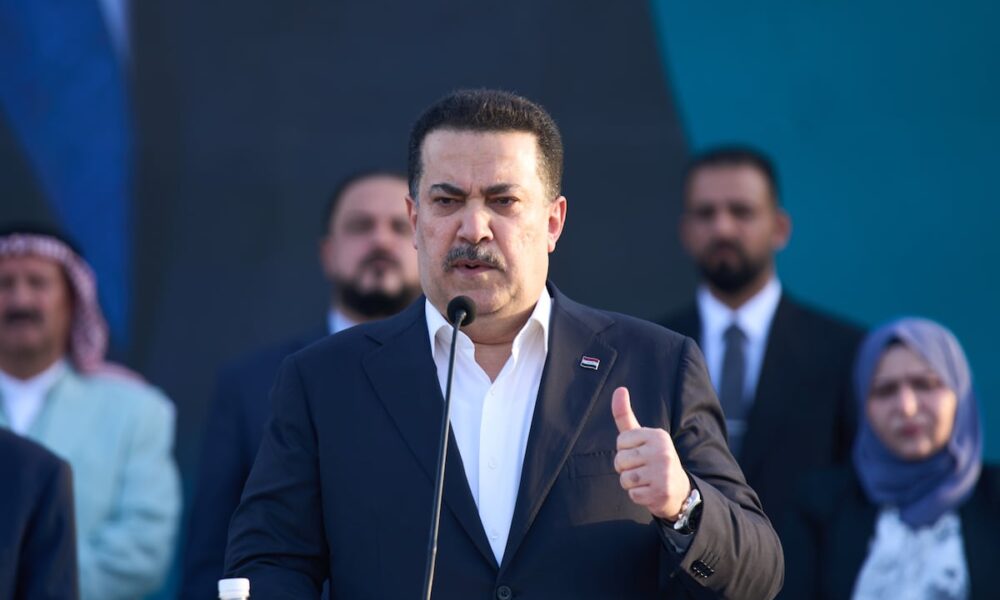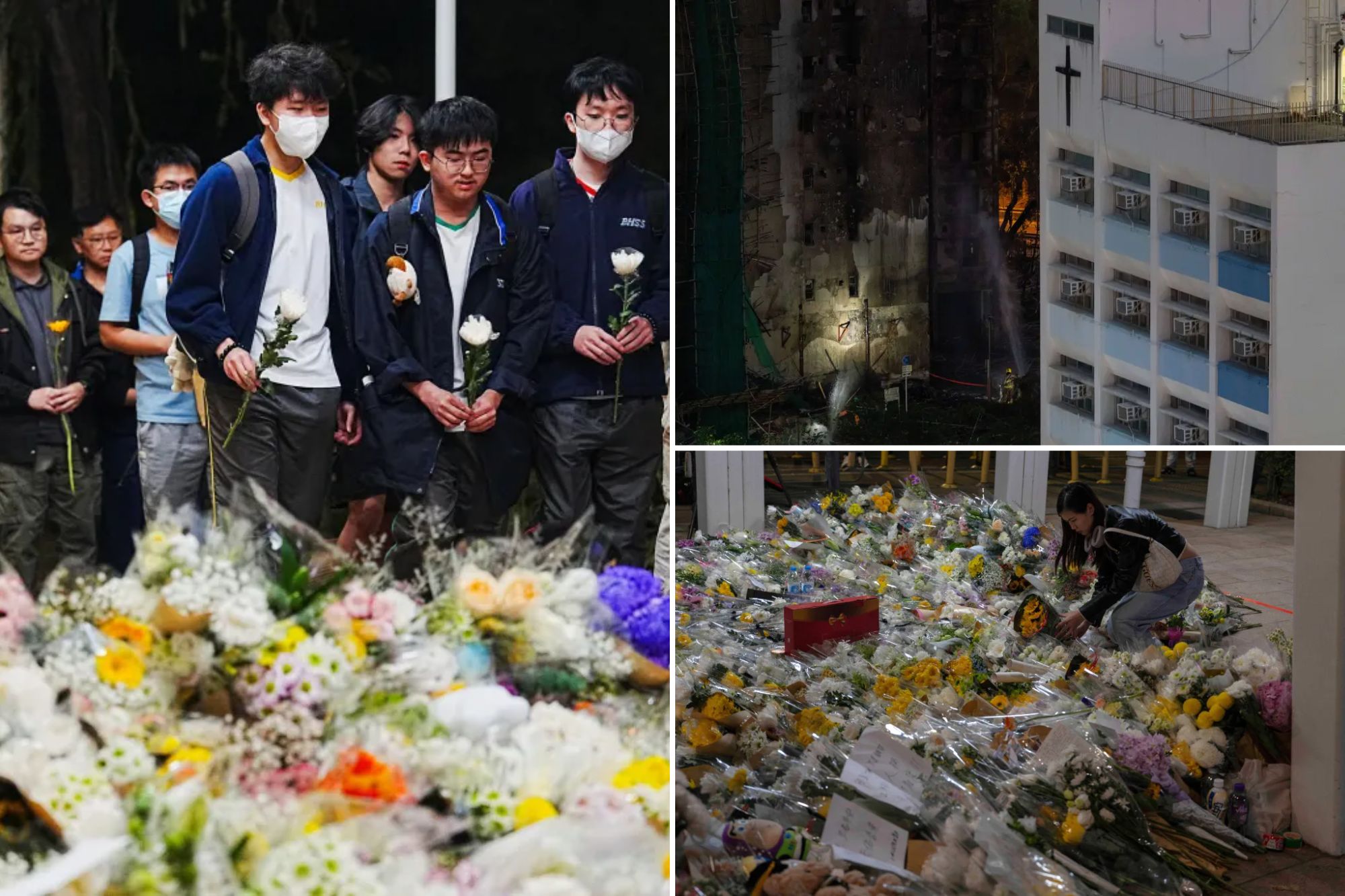Iraq’s Prime Minister, Mohammed Shia al-Sudani, announced on Monday that a small number of U.S. military advisers will remain in Iraq to assist in operations against the Islamic State (IS) group in Syria. This decision comes despite a previously agreed timeline for U.S. forces to withdraw from the country, which was set for September 2024. The ongoing threat posed by IS in neighboring Syria has prompted Iraq to maintain this military presence.
During a press conference in Baghdad, al-Sudani confirmed that U.S. advisers are currently stationed at the Ain al-Asad air base in western Iraq and the al-Harir air base in the north. He indicated that the initial agreement called for a complete withdrawal of U.S. forces from Ain al-Asad by September, but recent developments in Syria necessitated the retention of a “small unit” of between 250 and 350 military advisers and support personnel.
These advisers will be crucial for enhancing counter-IS surveillance and ensuring coordination with U.S. operations at the al-Tanf base in Syria. While some U.S. sites in Iraq are experiencing gradual personnel reductions, al-Sudani reassured that the IS group, which once controlled vast territories in Iraq and Syria, “no longer poses a significant threat inside Iraq.”
As Iraq navigates its relations with the United States and neighboring Iran, al-Sudani emphasized the importance of maintaining national sovereignty. “We put Iraq first, and we do not wish to act as a proxy for anyone,” he stated. He reiterated his stance that Iraq should not become a battleground for regional conflicts.
Al-Sudani also called for renewed negotiations between the U.S. and Iran, criticizing the previous U.S. administration’s “maximum pressure” approach as ineffective. He described Iran as an “important and influential country” that deserves respect and dialogue.
Tensions have surfaced between Baghdad and Washington regarding the activities of Iran-backed militias in Iraq. The Popular Mobilization Forces (PMF), a coalition of militias that emerged to combat IS, were integrated under the Iraqi military in 2016 but continue to operate with considerable autonomy. The Iraqi parliament is currently reviewing legislation that could formalize the relationship between the military and the PMF, a move that has raised concerns in Washington.
While al-Sudani did not directly address the proposed legislation, he highlighted his government’s commitment to disarmament and national dialogue. “We encourage all factions to either integrate into state institutions or engage in political life,” he remarked, suggesting that these groups could evolve into political parties and participate in elections.
As Iraq prepares for parliamentary elections scheduled for next month, al-Sudani noted that armed factions that have transitioned into political entities have the constitutional right to participate. The upcoming elections will play a crucial role in determining whether al-Sudani secures a second term in office.
In summary, Iraq’s decision to retain U.S. military advisers reflects ongoing concerns about the resurgence of IS in Syria and illustrates the country’s strategic balancing act between powerful regional influences.







